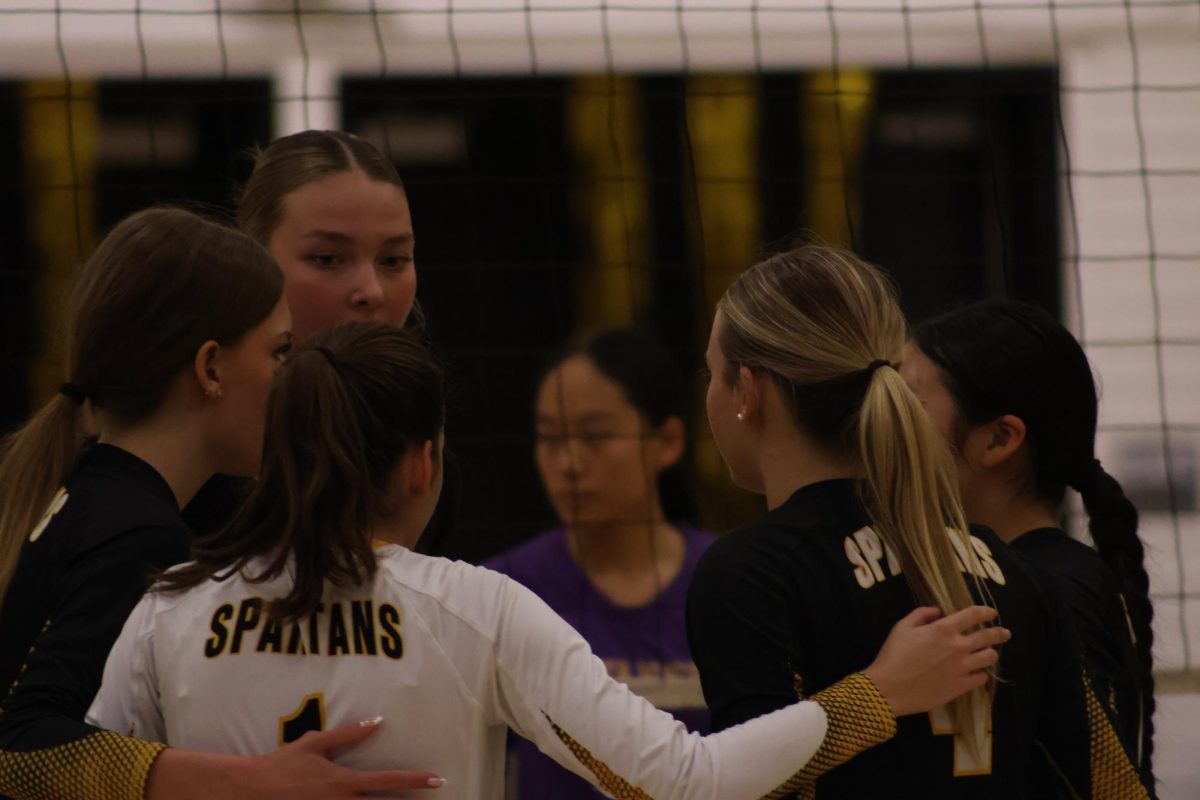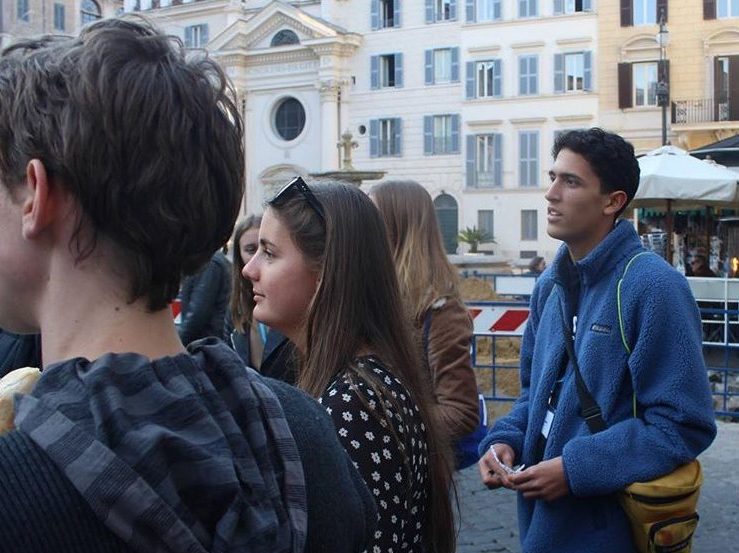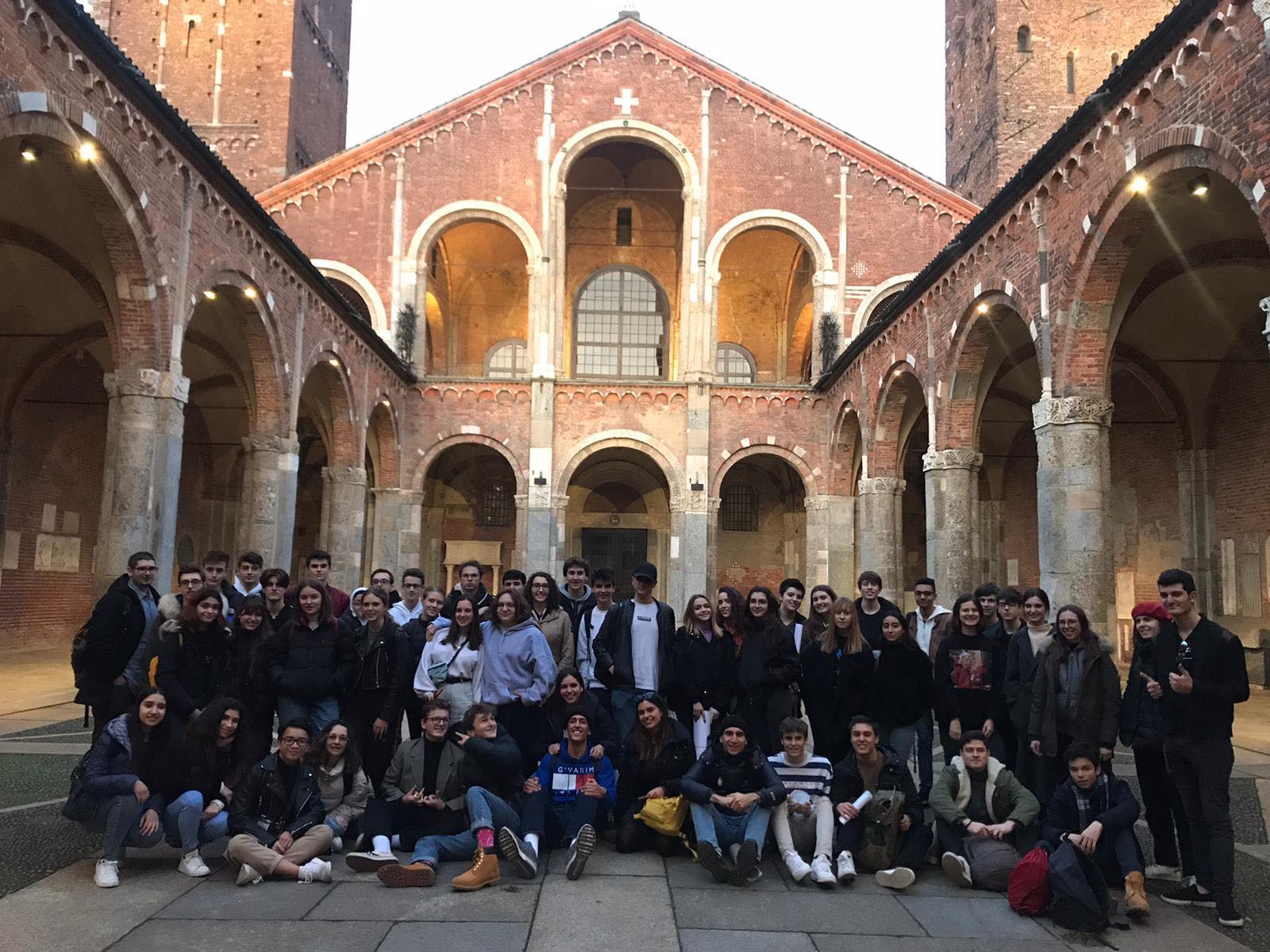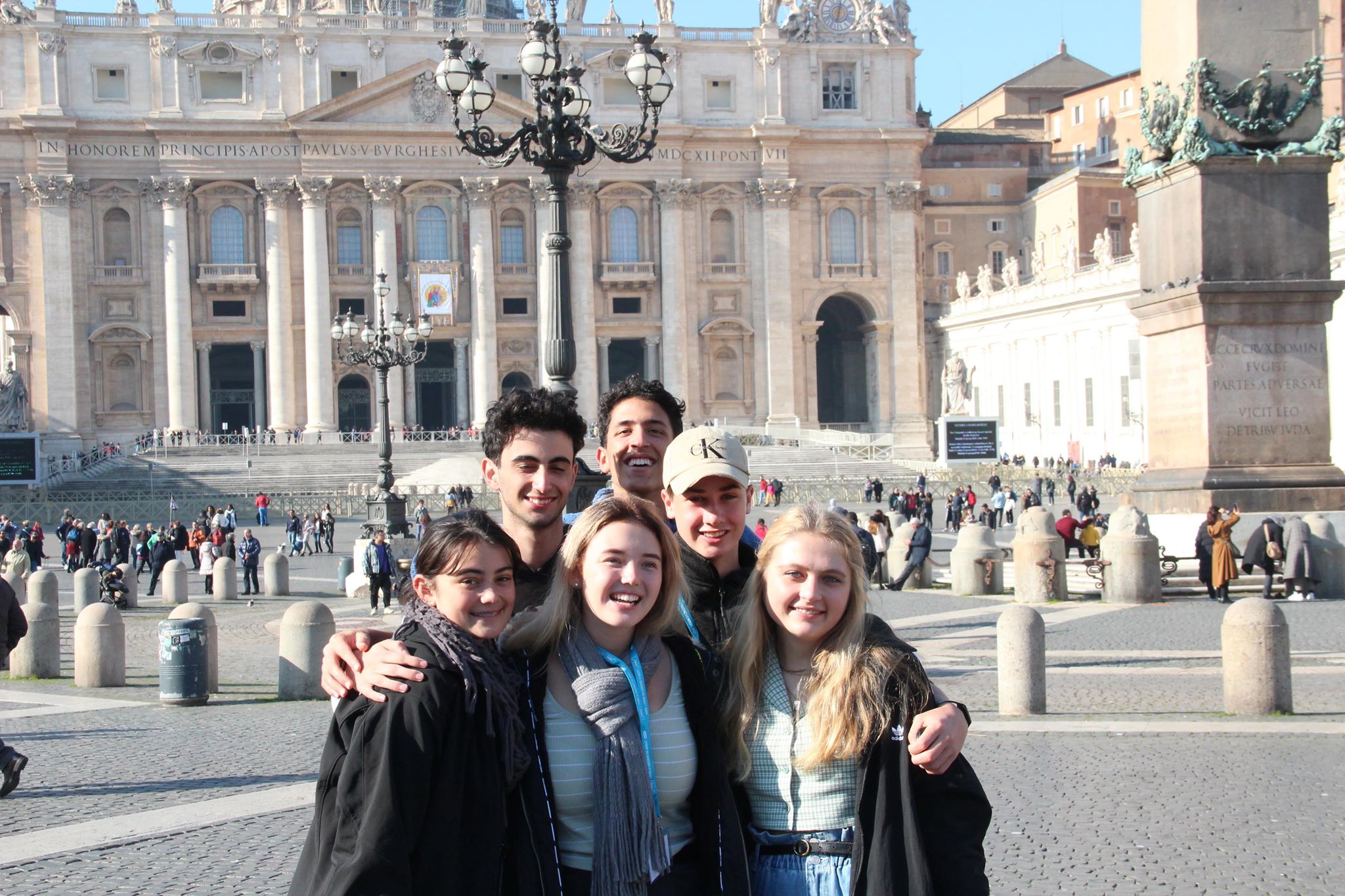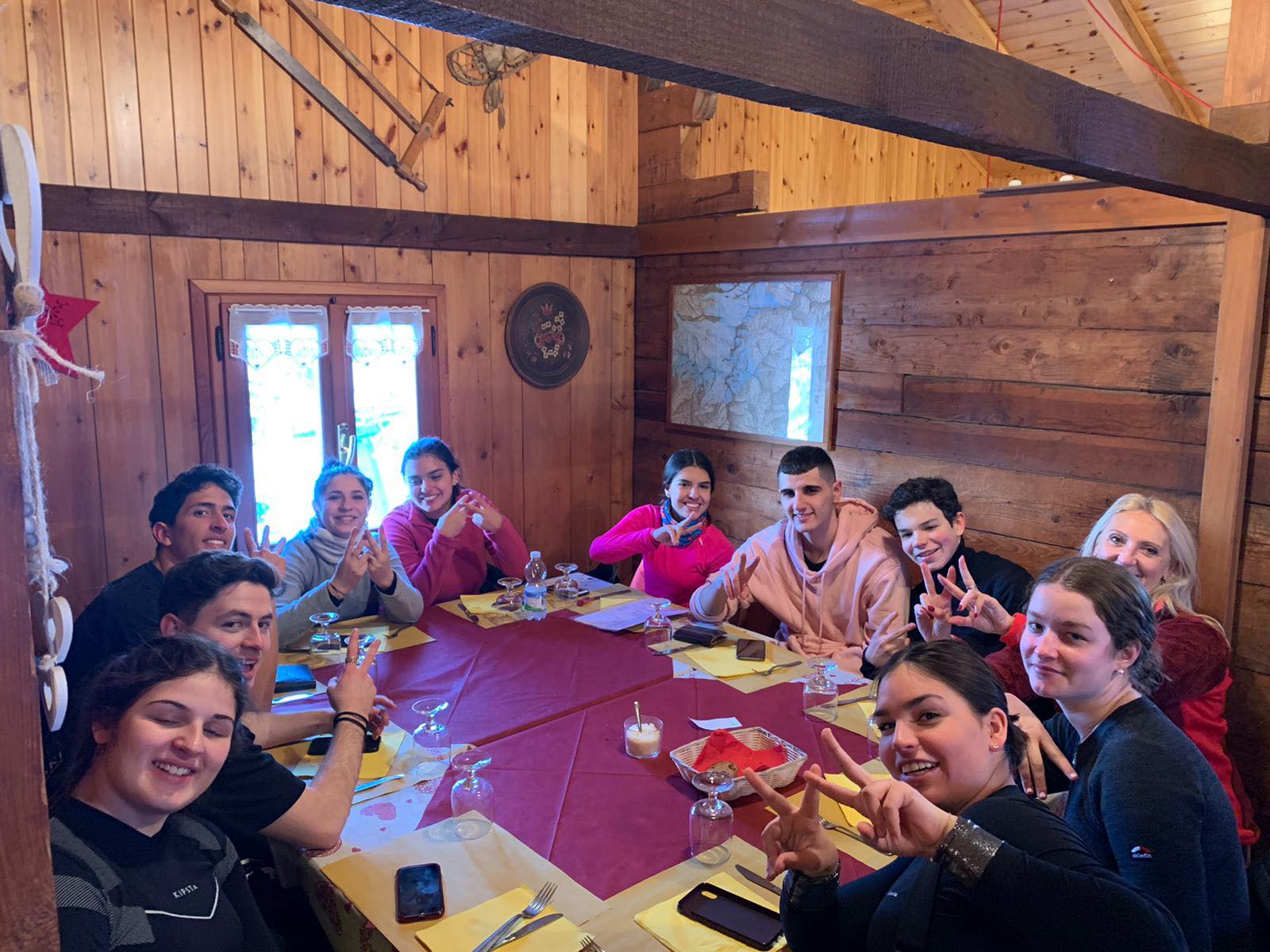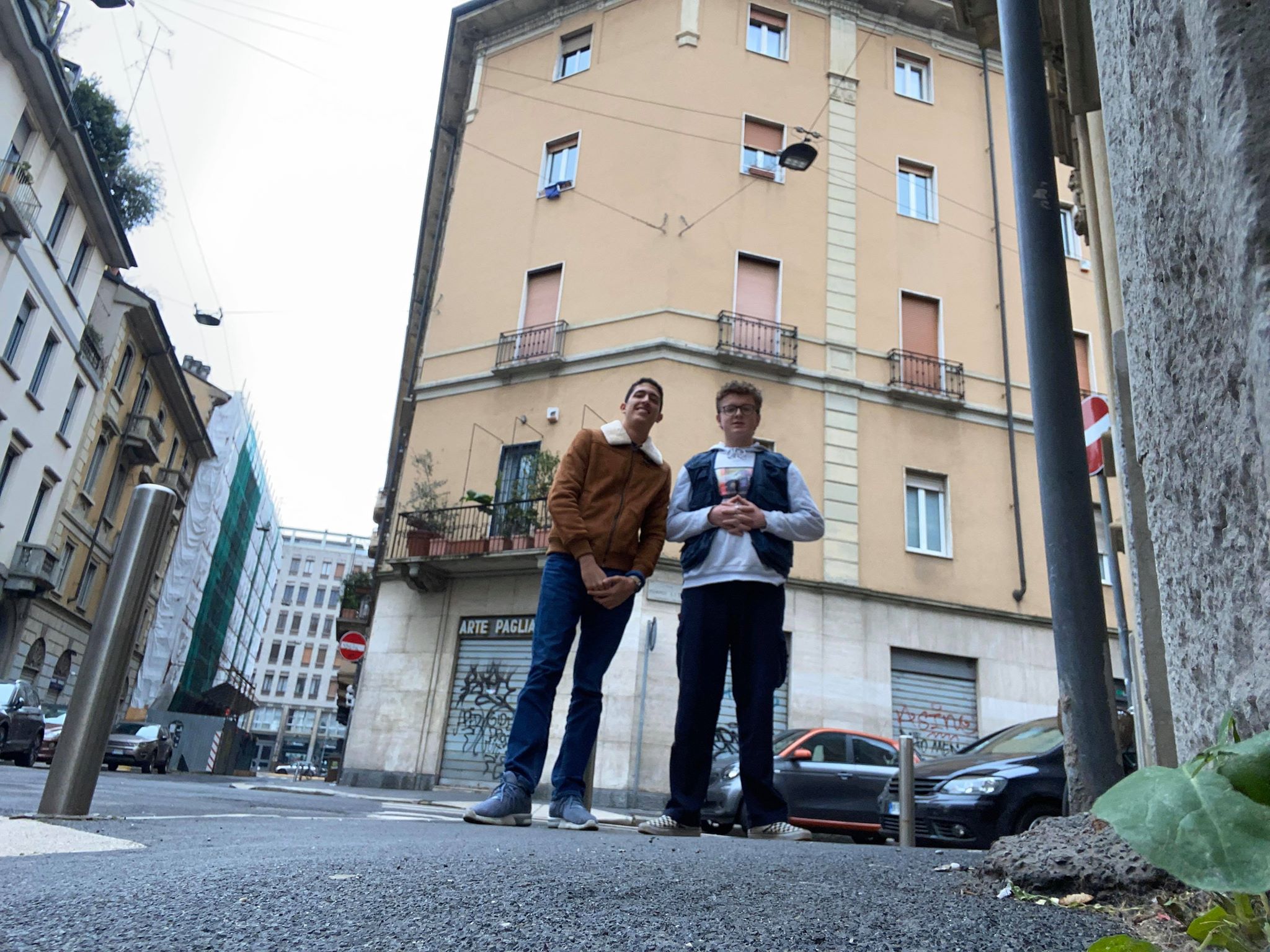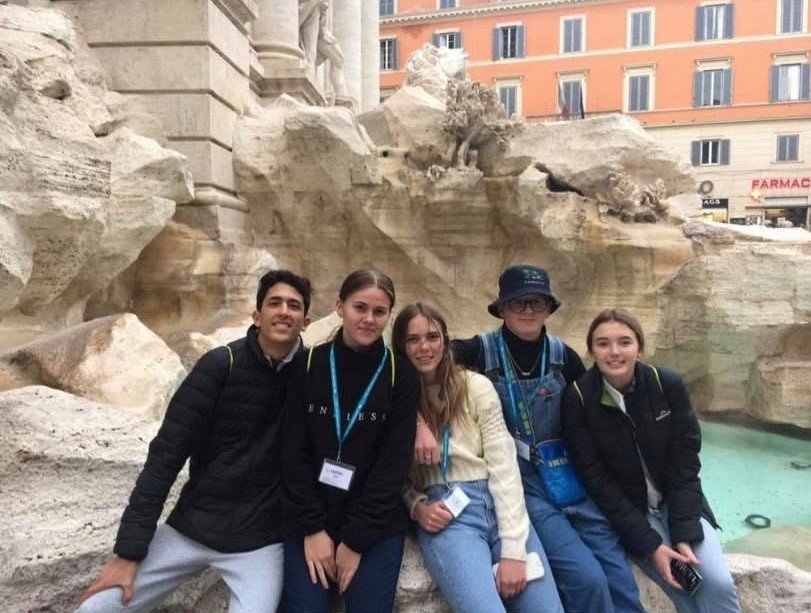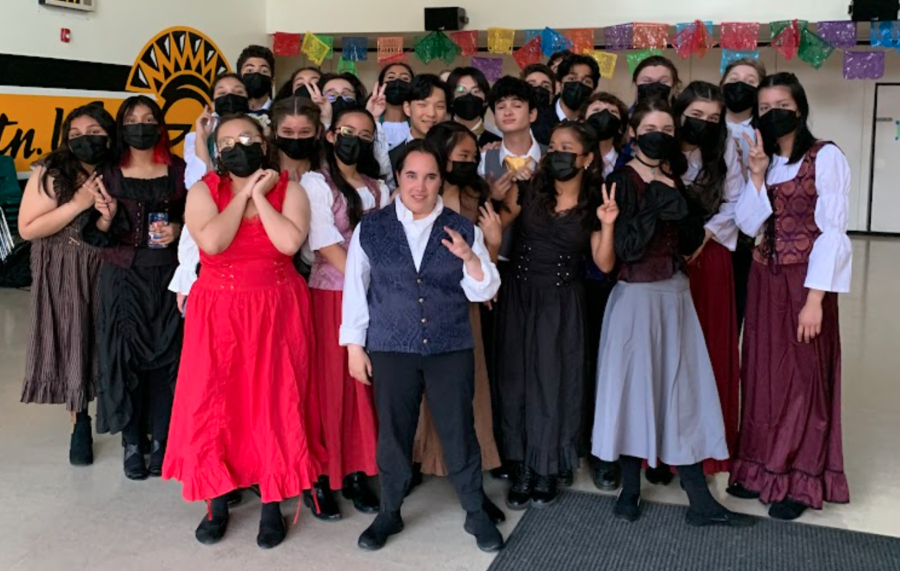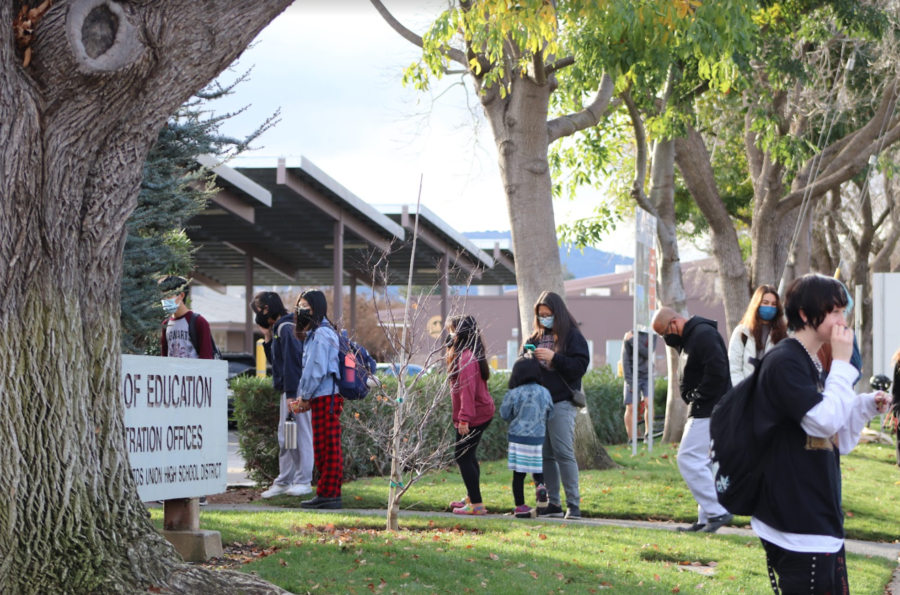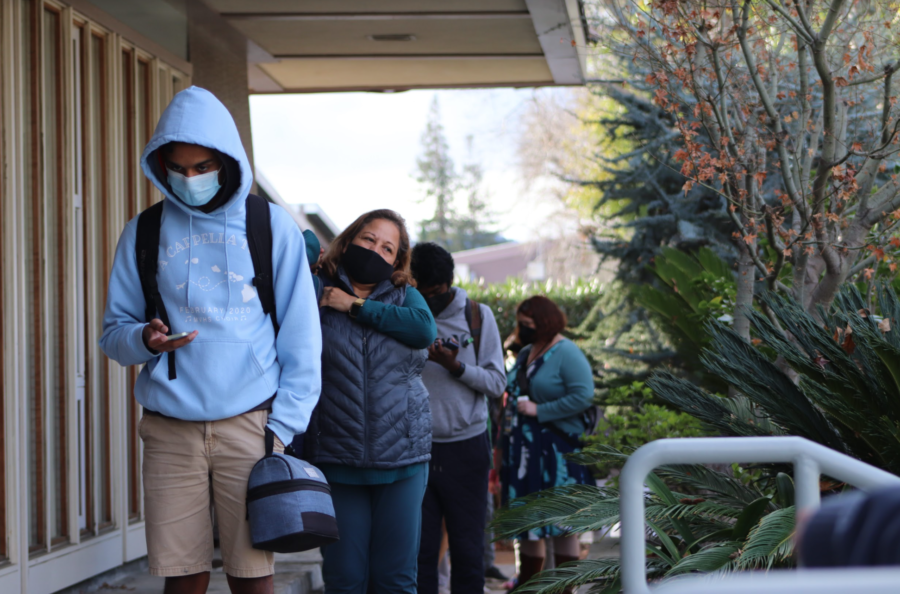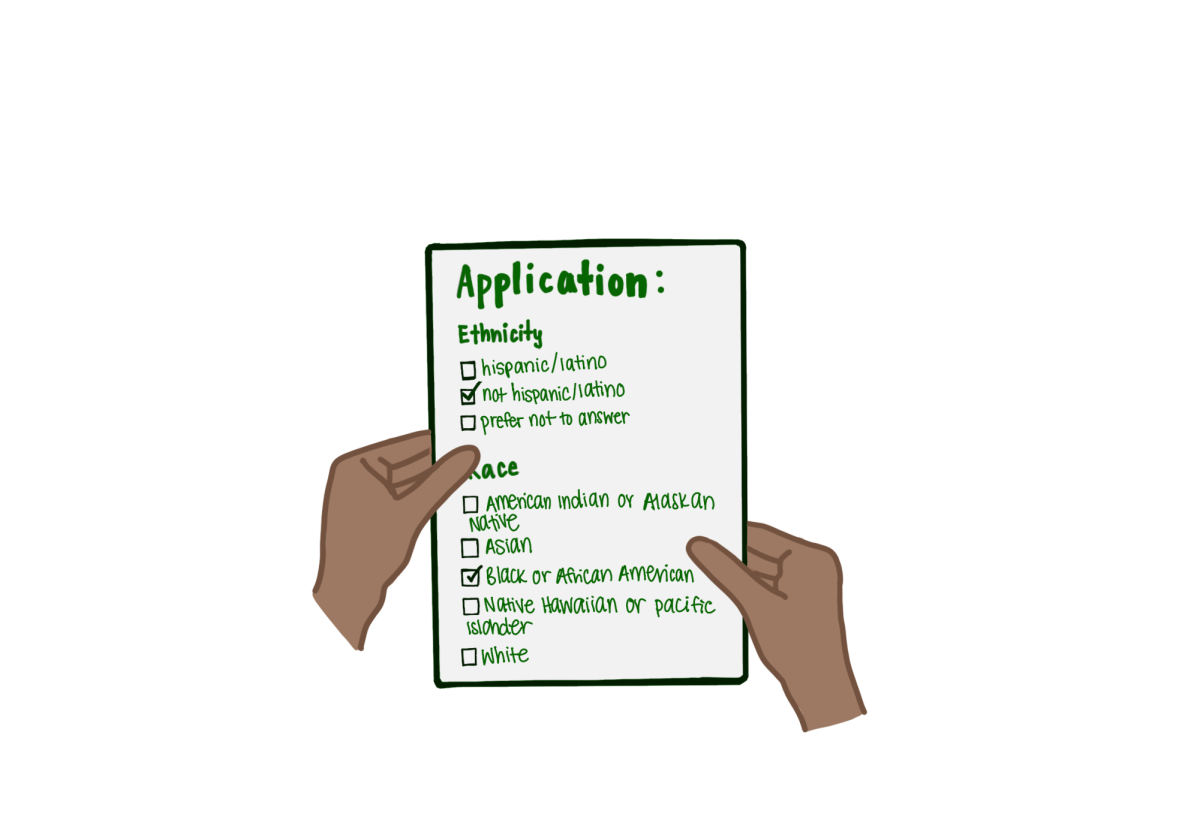Sophomore Matan Hamam’s first conversation with his Italian host family was about COVID-19, but the virus was nothing more than small talk. Hamam was on a semester exchange program to Italy, and was staying in the Lombardy region, later pronounced a hot spot of the virus.
Around mid-February, the first COVID-19 case hit Italy. Hamam said his family in the US were initially unalarmed, but when the cases kept growing exponentially and the Lombardy region became a quarantined red zone, they wanted him home.

“After the red zone, my parents were starting to be concerned for me, not about the virus, but about the program being canceled,” Hamam said. “Then, as the numbers started climbing to 2,000 cases, they started worrying more about the virus itself.”
The restrictions grew tighter in March when the entire country was put on full lockdown.
“I was still allowed to go to my friend’s house for a birthday party. And then the next day, it was a full lockdown and you’re not allowed to leave your house whatsoever. It got to the point where the only way you can leave the house is if you got a signed slip from the government,” Hamam said. “I remember asking my host mom if I could go for a run; she was like ‘you can run in the backyard.’”
Hamam said that while on lock-down in his host house, he was being informed of developments by the Italian news.
“My friends were constantly updating the CDC website, always tracking how many cases, how many deaths, where it spread,” Hamam said.
Hamam’s trip was cut short as he came home in mid–March after President Trump imposed a travel ban, when he got a call at 3 a.m. Central European time informing him he needed to leave Italy immediately.

After he returned to the U.S., Hamam was quarantined in his room for two weeks because he didn’t qualify to get tested for the virus.
“Because I came… from the Lombardy region, the way my parents are doing [quarantine] is very much door closed, food slid under the door,” Hamam said. “I’ve had some friends visit me through my window.”
Hamam said that although he has been bored, he fully supports his parents’ quarantine decision.
“The nice thing about quarantine is that it’s a pretty effective way to manage disease, and it’s not hard, you just have to be bored for two weeks” Hamam said. “But it is really easy to compromise it.”
After witnessing how quickly the virus can change the lives of citizens, Hamam drew parallels between the U.S. and Italy.
“I would say for everyone that’s here: Get ready. I saw firsthand what the epidemic looks like. There’s a lot of people walking around who most likely have [COVID-19] and don’t know it, and can’t even get tested if they think they do,” Hamam said. “It’s going to hit hard. The way the next few months play out will be pretty interesting.”






